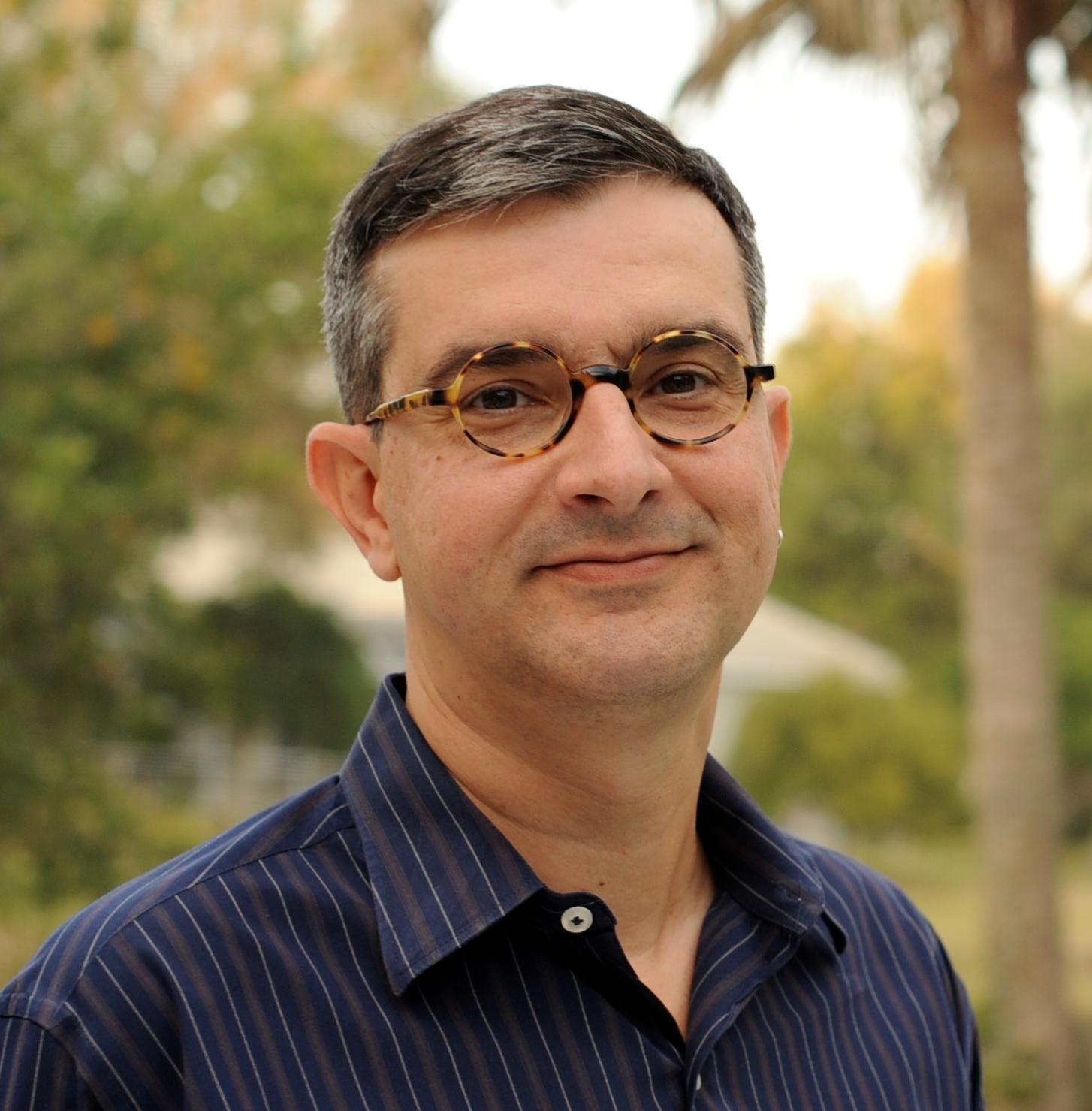Alvaro N. Monteiro, Ph.D.

- Title
- Professor and Senior Member
- Department
- Cancer Epidemiology Program
- Institution
- H. Lee Moffitt Cancer Center & Research Institute
- Address
- 12902 Magnolia Drive
- City, State, ZIP
- Tampa, FL 33612
- Country
- United States
- Phone
- (813) 745-6321
- [email protected]
- Website
- http://biology.usf.edu/cmmb/faculty/amonteiro/

- Research field
- Molecular Biology
- Award year
- 1994
- Country of origin
- Brazil
- Mentor name
- Hidesaburo Hanafusa, Ph.D.
Research
We are interested in mechanistically understanding the role of germline and somatic genetic factors involved in cancer predisposition, initiation, progression, and response to therapy. Our focus has been on three cancer sites: lung, breast, and ovary. The overarching theme across these cancer sites is the use of bioinformatics, systems biology, molecular biology, biochemistry, and genetics to perform in-depth studies with a view to develop translational approaches. We are using massively parallel sequencing to identify somatic changes in lung, breast, and ovarian tumors. The identification of candidate driver genes in these individual cancers is then followed by mechanistic studies to understand the role of the gene in oncogenesis as well as how DNA changes in these genes impact on protein activity. The laboratory has been involved in the Genome-wide association studies (GWAS) for ovarian cancer. While GWAS identify single nucleotide polymorphisms (SNPs) most of these SNPs are found in non-coding regions of the genome. Thus, the challenge is to identify the true causal SNP and to mechanistically understand the nature of risk enhancement conferred by these SNPs. We are currently conducting functional analysis on several ovarian risk loci. One of the outcomes of genetic testing for breast cancer predisposition linked to BRCA1 and BRCA2 is the finding of a genetic variant that deviates from the reference sequence of these genes but for which cancer association is unknown. The laboratory has developed a series of techniques to functionally evaluate the impact of these variants including computational prediction models. These results are critical to help mutation carriers to make informed clinical decisions. In order to understand how cancer cells respond to chemotherapy and radiotherapy we have a large effort on systems biology approaches that focus on DNA damage signaling. Our focus is on a modular domain, the BRCT domain, that is overrepresented in the DNA damage response network. We have generated a high confidence protein-protein interaction network centered on this domain that identified several proteins not previously known to function in the DNA damage response. A long term goal is to create models to predict drug response in tumors.